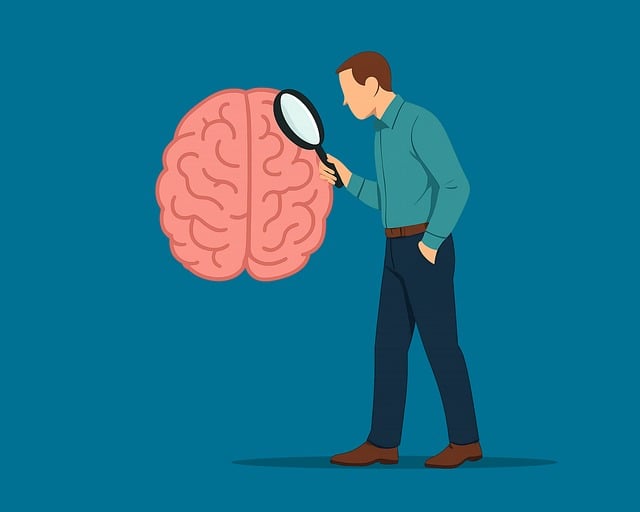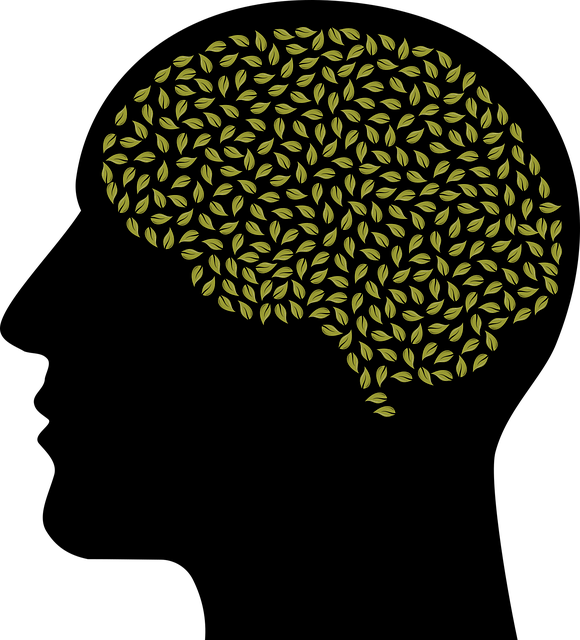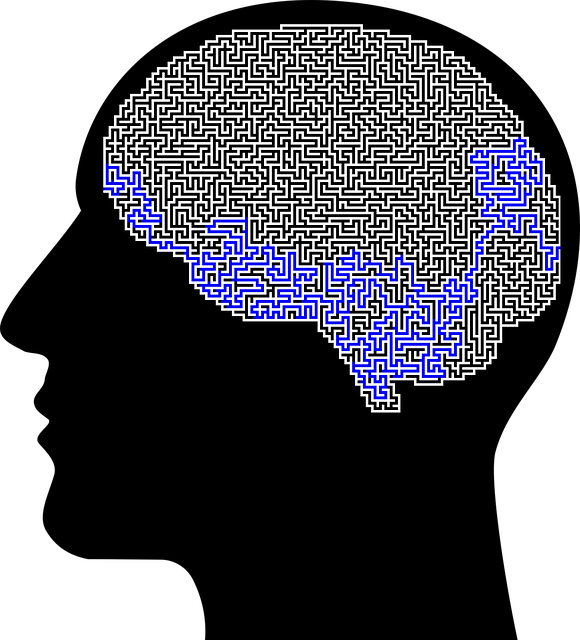Mental health data analysis is key to effective therapy, with techniques ranging from questionnaires to standardized tests. Castle Rock Cognitive Processing Therapy (CRCPT) is a powerful approach that identifies and modifies unhelpful thought patterns, aiding in conditions like depression. The initial step involves collecting and preparing data from various sources, including CRCPT sessions, for statistical analysis. Advanced data interpretation methods within CRCPT revolutionize patient progress evaluation, enhancing coping skills development. Integrating data analysis into therapy, such as CRCPT, improves outcomes, facilitates personalized interventions, and enables the creation of community-wide mental health awareness campaigns.
Mental health data analysis is a powerful tool for enhancing therapeutic outcomes. This article explores essential aspects of understanding and interpreting mental health data, with a focus on Castle Rock Cognitive Processing Therapy (CRCPT), an innovative approach gaining traction in clinical settings. We’ll delve into the collection and preparation of data, advanced techniques for gauging patient progress, and strategies for integrating findings to optimize CRCPT therapy and overall patient care.
- Understanding Mental Health Data: The Foundation of Effective Therapy
- Castle Rock Cognitive Processing Therapy: A Deep Dive into Its Principles
- Collection and Preparation of Data for Analysis
- Advanced Techniques for Interpreting Patient Progress
- Integrating Findings to Enhance Therapeutic Outcomes
Understanding Mental Health Data: The Foundation of Effective Therapy

Understanding Mental Health Data is the bedrock upon which effective therapy stands. By meticulously analyzing and interpreting data, healthcare providers can gain invaluable insights into their patients’ experiences, thoughts, emotions, and behaviors. This process involves diverse techniques, from qualitative assessments like open-ended questionnaires to quantitative measures such as standardized tests.
Incorporating approaches like Castle Rock Cognitive Processing Therapy leverages data to identify and modify unhelpful thought patterns. Beyond this, Cultural Competency Training equips providers with the skills to understand and respect patients’ unique cultural backgrounds, ensuring inclusive care. Practices also integrate evidence-based strategies like Mindfulness Meditation and Stress Management techniques, supported by data demonstrating their positive impact on mental well-being.
Castle Rock Cognitive Processing Therapy: A Deep Dive into Its Principles

The Castle Rock Cognitive Processing Therapy (CRCPT) is a therapeutic approach designed to address and overcome mental health challenges, particularly focusing on cognitive distortions and their impact on emotional well-being. This therapy method delves into the intricate relationship between thoughts, feelings, and behaviors, offering a unique perspective on stress reduction methods. By identifying and modifying negative thought patterns, CRCPT aims to prevent and alleviate conditions such as depression, providing individuals with effective tools for managing their mental health.
CRCPT principles emphasize the power of conscious awareness and reframe negative cognitions. Therapists guide clients through structured sessions, encouraging active participation in challenging and changing unhelpful thoughts. This process involves strategic techniques to enhance coping skills and build resilience against stress-inducing situations. Additionally, CRCPT incorporates education on stress management workshops within its framework, empowering individuals with practical knowledge to organize their emotional responses and lead more fulfilling lives.
Collection and Preparation of Data for Analysis

The first step in any meaningful mental health data analysis is the meticulous collection and preparation of information. This process involves gathering diverse data points from various sources, such as clinical assessments, patient surveys, and electronic health records. For instance, Castle Rock Cognitive Processing Therapy (CPT) sessions can yield valuable insights into a patient’s cognitive functioning and emotional healing processes through structured interviews and task-based assessments.
Preparing the data for analysis entails cleaning it to ensure accuracy and consistency, handling missing values appropriately, and transforming it into a suitable format for statistical analysis. This preparation stage is crucial as it lays the foundation for robust interpretations and informed decision-making in subsequent stages of the analysis, ultimately contributing to the development of effective public awareness campaigns for depression prevention and emotional healing.
Advanced Techniques for Interpreting Patient Progress

In the realm of mental health data analysis, advanced techniques are transforming patient progress evaluation. Beyond traditional measures, professionals now employ sophisticated tools to interpret complex data, offering a more nuanced understanding of individual journeys. One such innovative approach is Castle Rock Cognitive Processing Therapy (CRCPT), designed to enhance self-awareness exercises and facilitate emotional healing processes. CRCPT leverages structured protocols to uncover underlying cognitive patterns, helping patients gain insights into their thoughts and behaviors, which is crucial for coping skills development.
Through these advanced methods, therapists can tailor interventions more effectively. By analyzing changes in patient responses over time, they can identify specific areas of improvement or lingering challenges. This enables the implementation of targeted strategies, ensuring that each individual receives a personalized roadmap to recovery. Incorporating Self-Awareness Exercises and Emotional Healing Processes into therapy sessions has been shown to significantly improve coping skills development, ultimately contributing to better mental health outcomes.
Integrating Findings to Enhance Therapeutic Outcomes

Integrating findings from data analysis into therapeutic practices is a game-changer in mental health care, particularly when employing evidence-based methods like Castle Rock Cognitive Processing Therapy (CCPT). By analyzing trends and patterns within patient data, therapists can gain valuable insights to refine their approaches. This integration ensures that therapy aligns with the unique needs of each individual, fostering more effective emotional regulation and stress reduction methods.
For instance, identifying common cognitive distortions or triggers through data can guide therapists in tailoring CCPT techniques, enhancing the overall therapeutic outcome. Additionally, public awareness campaigns development based on such findings can reach a broader audience, promoting mental health literacy and early intervention. This multi-faceted approach leverages data analysis to not only improve individual therapy sessions but also contribute to community well-being.
Mental health data analysis is a powerful tool that, when combined with evidence-based practices like Castle Rock Cognitive Processing Therapy, can significantly improve therapeutic outcomes. By understanding patient data, therapists can tailor treatments, track progress, and make informed decisions to better support their clients. Through advanced interpretation techniques, healthcare professionals can identify patterns, measure the effectiveness of interventions, and ultimately enhance the overall well-being of those seeking help. This multi-faceted approach ensures that mental health services are not only efficient but also highly effective in meeting the unique needs of each individual.














